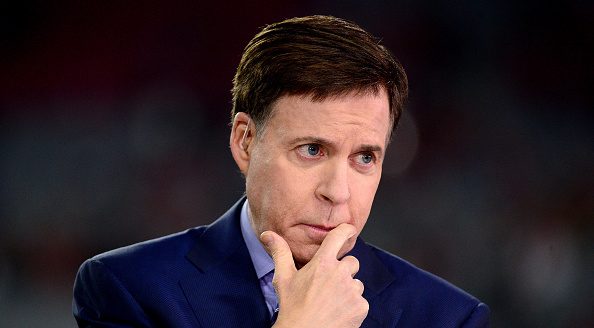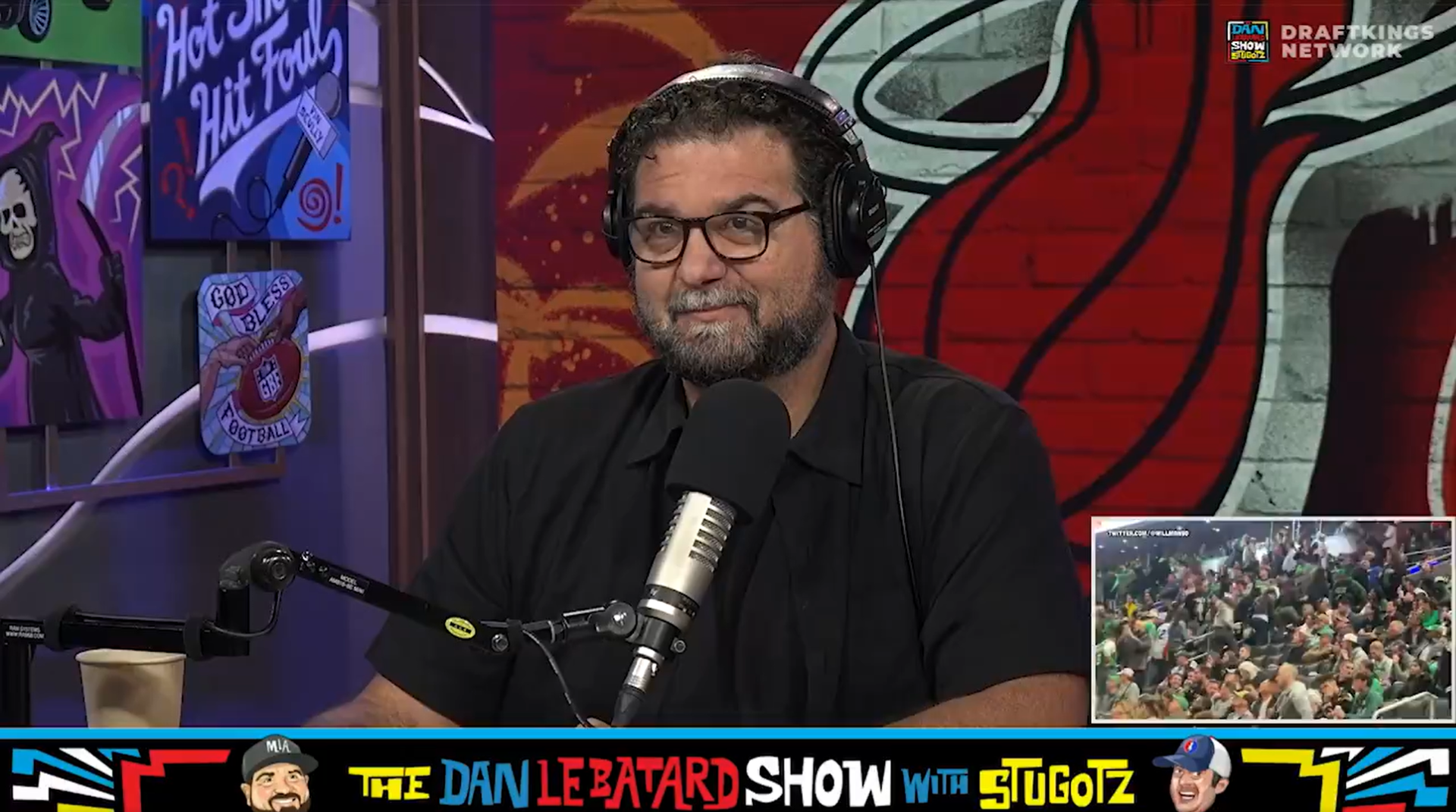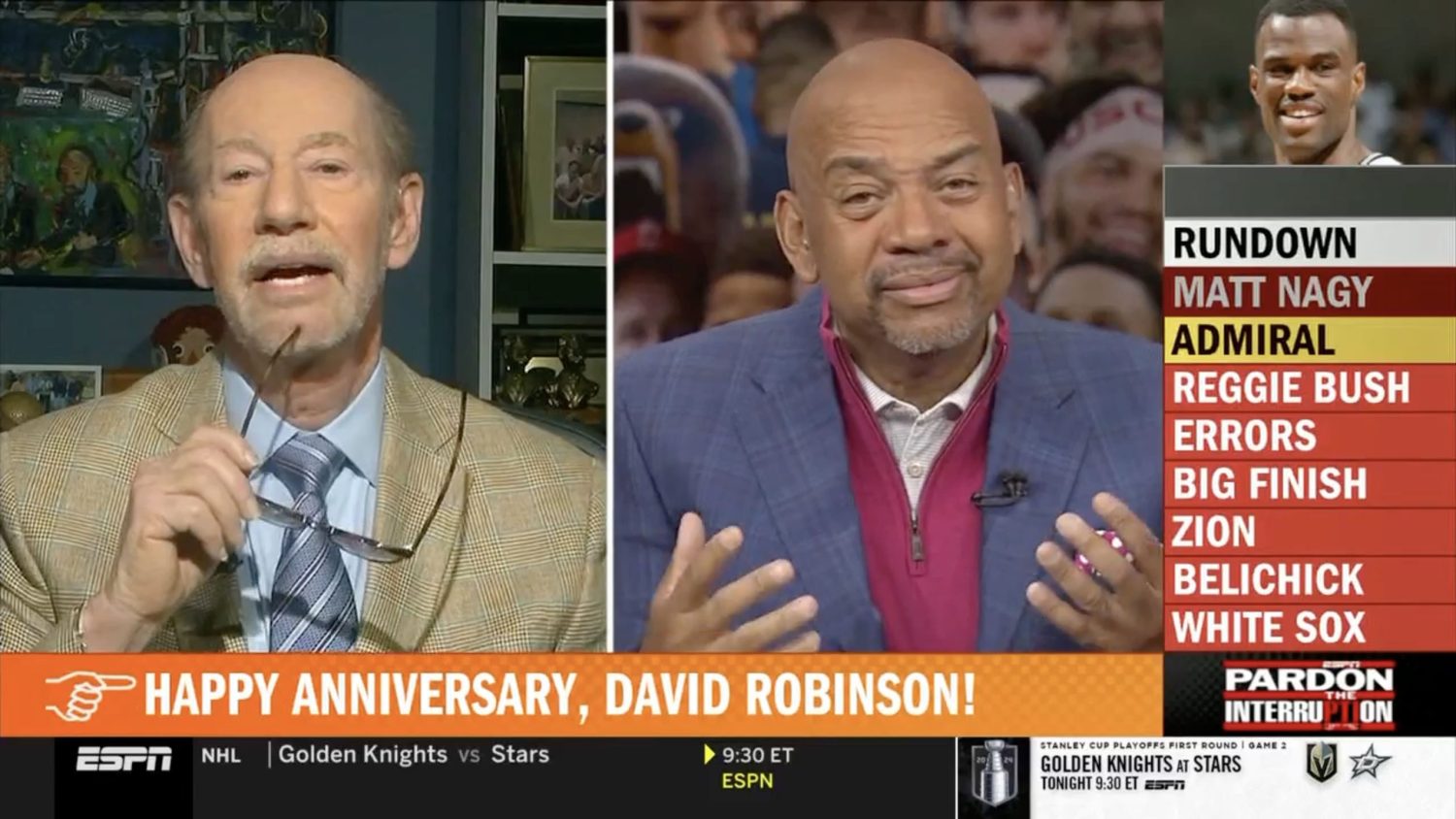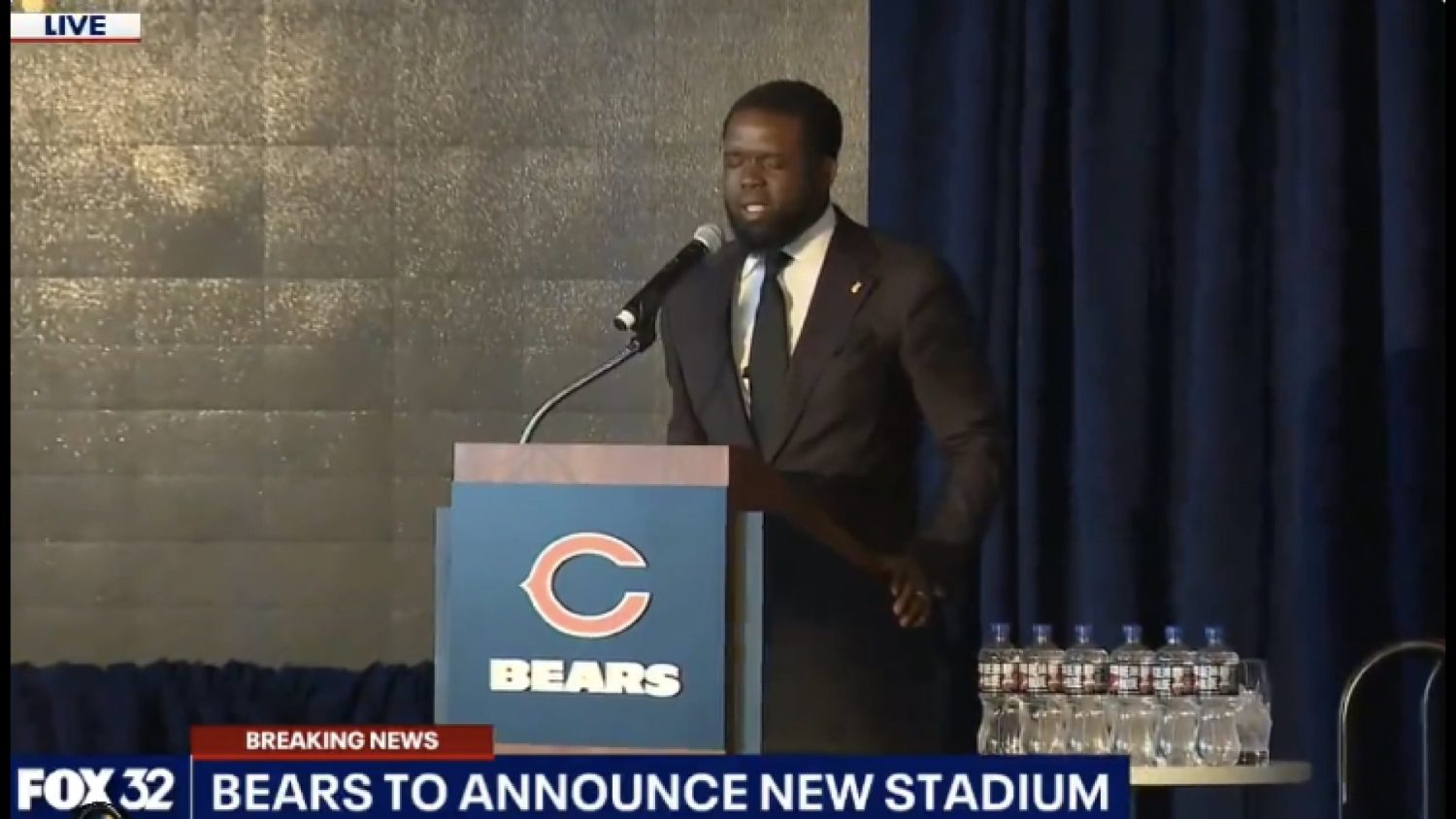Last fall, semi-retired NBC host Bob Costas created a bit of a stir with his declaration at a University of Maryland panel that football “destroys people’s brains” and that the sport could soon “collapse like a house of cards.” The comments were not exactly revelatory, but given that they were uttered by a prominent broadcaster who had spent years hosting Sunday Night Football, they generated many headlines and much social-media buzz.
When the Super Bowl rolled around in February and Costas was not part of NBC’s broadcast plans, it was easy to speculate that the remarks about football played a role. (Costas referred at the time to his “ambivalent feelings about football.”)
Well, it turns out Costas isn’t exactly thrilled with America’s response to his comments at Maryland. Speaking on an episode of the AP Sports Weekly podcast published this week, Costas wondered why the media jumped on his statement about football and brains when he has been making similar points for years, on Meet the Press, on Bill Maher, in documentaries and even on Sunday Night Football.
What I said at the University of Maryland’s journalism symposium in November was just a version of what I’ve been saying for years and years. And the thing that rankled me, at least a little bit after a while — in the world we live in now with media being the way it is, you except the fact that a lot of stuff that’s stupid or untrue is going to be said about everybody and everything. But the idea that all of a sudden I came out and said this? I’ve been saying it for the better part of a decade, often on NBC, at halftime of Sunday Night Football.
So whether you agree with me or not, it’s not like I came out of the blue with this revelation.
But even as Costas questioned how the media had covered him, he certainly didn’t run away from the idea at the center of his comments last fall: that football is inherently dangerous. Asked whether he sees a day of reckoning coming for the NFL, Costas said this:
Yeah I do, and I think the NFL has tacitly admitted that, first with some of the rules changes and concussion protocols and limiting in the last collective bargaining agreement the amount of contact you can have in practice. And then this past week, a major change. You can’t lower your head to initiate contact, either as an offensive player or a defensive player.
What they’re saying is that if we don’t make certain changes, the popularity of the game might be affected but also the participation will be affected. Because you’ll have millions and millions of parents saying what they’re already saying: “I can’t stop watching football, I love rooting for my team, but I’m not going to let my son play football.” Or at least, “I’m not going to let him play until he’s 15, 16, 17 years old.” And that’s going to affect the pipeline in terms of college football and up to the NFL.
The entire fuss around Costas’ comments last fall illustrates a conundrum for everyone who covers the NFL for a rightsholder. It’s impossible to discuss the league these days without weighing the existential question of whether football is prohibitively dangerous. Yet doing so will inevitably anger people at NFL offices who want to see the brain-trauma story recede as much as possible.
Most of what Costas has said about head injuries in football is empirical, undeniable fact. Football does destroy brains. It’s just that, as Costas has learned, most of America isn’t quite ready to hear that.






